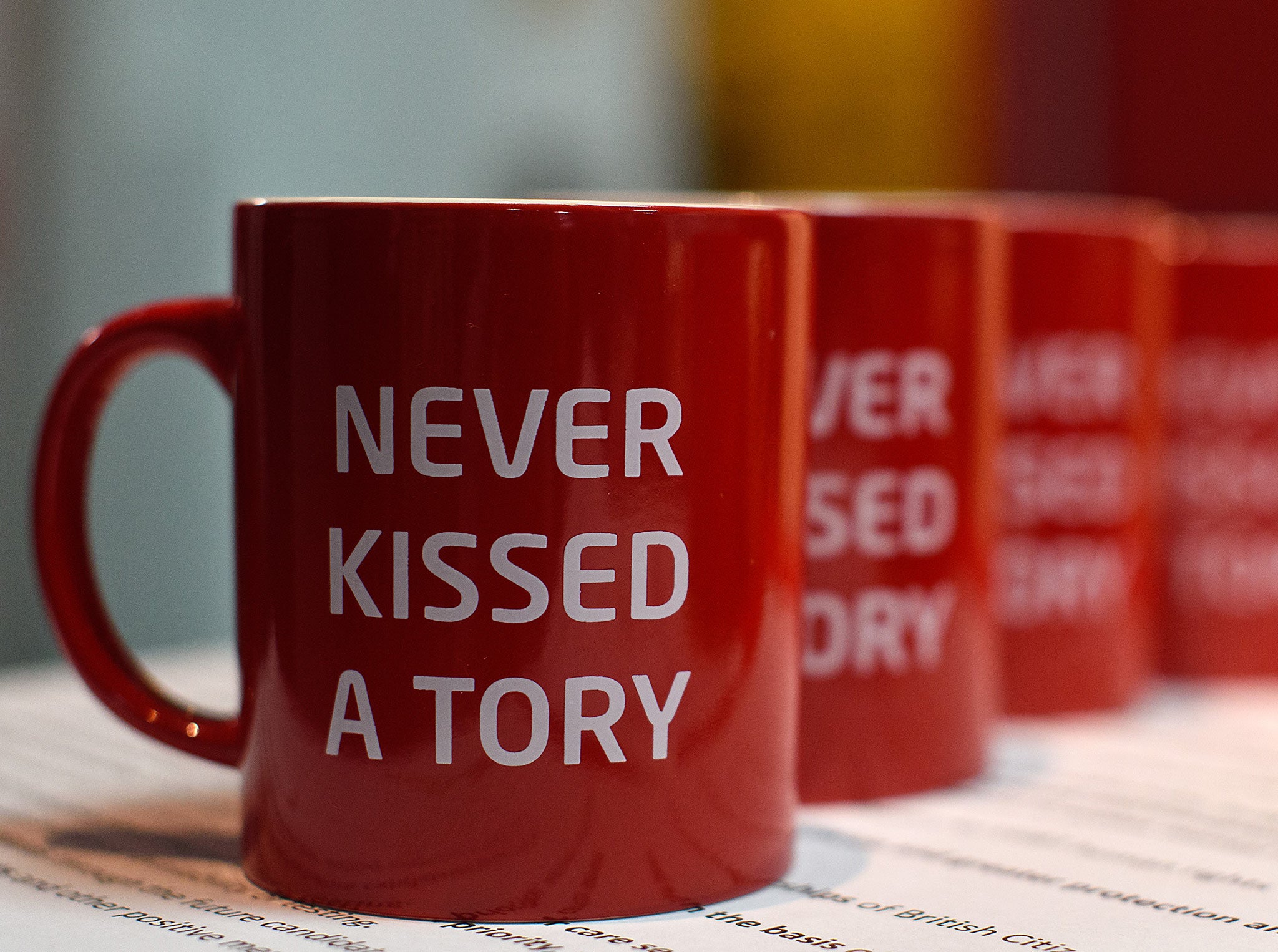Should you earmark a man sponsored by Morgan Stanley for your daughter? Apparently it's all the rage
As somebody who was once told that “young girls who wear short skirts shouldn’t wonder why they get raped” by an ex-boyfriend’s mother, I’ve since approached political discussions with a special kind of dread


How does a person become political? The most obvious answer is through their parents. That might not hold true forever, of course: little Timmy – who once only knew “skivers” as older kids skipping maths class to smoke their parents’ cigarettes – might grow up to lecture his parents on the dangers of benefits claimants, shattering in one fell swoop a constellation of precious memories of taking him to the miners’ strikes on Dad’s shoulders and carefully balancing a pro-union placard in his chubby four-year-old fingers.
Darling Miranda, earmarked for a Prince Charming sponsored by Morgan Stanley, might drag in a long-haired socialist one day and declare that she’s off to join an anarchist commune because she’s realised the plight of the working class and can’t in all good conscience enter the conventional housing market any more.
You might even find yourself – as the mother of David Cameron did this week – signing a petition against your darling offspring’s plans to slash funding in the community when he becomes prime minister. In other words, your politics will certainly be your child’s starting point – but where they’ll end up is anyone’s guess.
Nevertheless, a YouGov survey released this week has shown that parents expect to retain a stranglehold over their offsprings’ politics – and the politics of those who surround them – long into adulthood. It says we’ve all become less accepting of the idea of sleeping with the enemy – 28 per cent of Labour supporters questioned said they’d be unhappy if their son or daughter married a Tory, while one in five Conservatives felt the same way about coming home to find a Corbynista at the dinner table.
“I am the least sectarian of people but if my daughter came home with a Tory I’d disown her,” Labour MP Stephen Pound was quoted as saying in The Times, underscoring the world of tolerance in which we currently live. And apparently we’re becoming less accommodating by the day: back in 2008, it was only one in 10 Tories who didn’t fancy sacrificing their spawn to the reds.
Possibly the most terrifying part of meeting your partner’s parents is navigating their political beliefs. As somebody who was once told that “young girls who wear short skirts shouldn’t wonder why they get raped” by an ex-boyfriend’s mother, I’ve since approached such discussions with a special kind of dread. Can you rely on them, by dint of genetics, to have the compassion or insight of their child? Do they secretly think Donald Trump has some good points about Mexicans? Did they envision their darling son settling down with someone who bakes hearty lasagnes while commending the financial wisdom of George Osborne, instead of an anti-austerity committed leftist who once ate an entire child’s birthday cake in an hour? Really, it’s a minefield – and the consternation is felt from both sides. So don’t we owe each other a little more tolerance?
Back in 2014, The Atlantic reported on a strange phenomenon: studies found that children who are raised to get involved with their parents’ strong political beliefs are highly likely to end up with the exact opposite values as adults. But they were more likely to be political in general than kids who never knew their parents’ political affiliations, or never recalled discussions about them. So, if you want your child to have firm ideological beliefs, eschew decorum and encourage political discussions at mealtimes – just don’t expect them to agree always with you.
As someone who always thought searing conflict was a healthy (read: necessary) part of family gatherings, I struggle to see why parents are so against their children’s partners adding a little philosophical spice to a polite gathering. If, like me, your parents have each incurred multiple divorces, you might relish the idea of throwing a hard-line Tory in there among the fireworks once in a while. Why not? Isn’t that what family gatherings are all about, before you regroup and return with improved weaponry next year?
The simple fact is that people’s identities are complex things, and there’s a chance the Lib Dem on your doorstep might be the catalyst for opinion-altering discussions. They might challenge your viewpoint on a social or economic issue, and you might do the same for them.
But if you’re too busy fastening your daughter’s chastity belt and reminding her to never kiss a Tory, then you’re unlikely to find out.
Join our commenting forum
Join thought-provoking conversations, follow other Independent readers and see their replies
Comments